The Chinese government has embarked on testing tech companies’ Artificial Intelligence (AI) large language models to ensure that they conform with socialist values.
This latest censorship regime being driven by the Cyberspace Administration of China (CAC) involves examining large language models (LLMs) developed by prominent AI companies such as ByteDance, Alibaba, Moonshot, and 01.AI to ensure that these advanced AI systems align with what the government defines as “core socialist values.”
Join our WhatsApp ChannelAccording to a Financial Times (FT) report, sources familiar with the matter said the testing process involves comprehensive evaluations of how these LLMs respond to a wide range of questions, especially topics considered sensitive to China’s political system, including references to China’s leadership under President Xi Jinping.
The evaluation looks closely at the LLMs’ training materials and general safety procedures in addition to their responses.
This regulatory review highlights China’s effort in international initiatives to strictly regulate AI technology and the material they produce.
The FT report quoted an employee at a Hangzhou-based AI company who said he CAC’s audit process is rigorous and time-consuming as they conduct detailed examinations of their AI models.
This strict regulatory framework has forced Chinese artificial intelligence companies to quickly create and deploy advanced censoring systems to guarantee compliance to the Chinese government’s regulations.
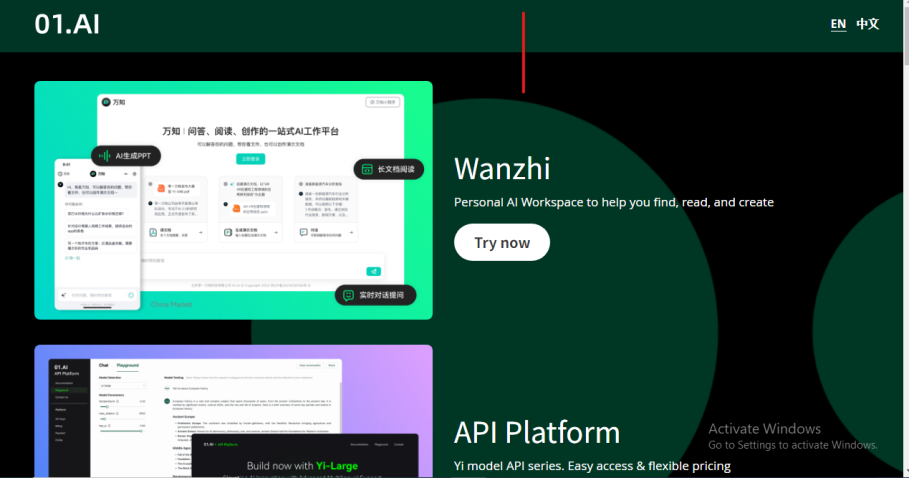
The necessity to strike a balance between the sophistication of these LLMs and strict adherence to government-mandated censorship is one of the major difficulties that technologists and industry insiders have noted.
The fact that LLMs are made to manage enormous volumes of data, frequently with English-language content, makes it more difficult to align results with Chinese regulatory standards.
READ ALSO: Crypto Gaming Coin, Pixel Tap, Lists Today
In February, the Chinese government released operating guidelines requiring AI companies to gather and screen thousands of sensitive phrases and questions that would go against the definition of “core socialist values.” These principles are subject to frequent revisions in response to changing political sensitivities, which are reflected in continual modifications to censorship standards.
The way AI chatbots are used in China highlights how real-time implications of these AI regulations. This is a chatbots frequently evade inquiries on sensitive historical subjects like the massacre in Tiananmen Square or humorous comparisons between President Xi Jinping. These chatbots illustrate the degree of restriction imposed by these AI systems by suggesting alternative questions to ask or indicating limitations in their ability to respond.
It’s interesting to note that although the CAC has strict testing guidelines to guarantee compliance prior to deployment, there seem to be signs that oversight eases down after LLMs are live. As a result, in order to prevent potential regulatory concerns, several AI models have implemented preventive measures, such as outright restrictions on addressing specific topics connected to Chinese political leadership.
READ ALSO: TikTok Sues U.S. Government Over Sale Bill On ByteDance
Additional levels of screening and real-time response modification have been introduced by developers in response to less obviously critical queries.
With this method, compliance risks are reduced by classifying LLM outputs using classifier models that function similarly to spam filters and swapping out potentially problematic responses for safer ones.

Notably, ByteDance has gained recognition for making noteworthy advancements in coordinating its AI models with Beijing’s preferred themes. ByteDance’s LLMs scored highly for safety compliance in a Fudan University study review, demonstrating the company’s efforts to effectively navigate the challenging regulatory environment.
The Chinese government is advocating for additional improvements in LLM safety procedures. Renowned for creating the “great firewall,” Fang Binxing, an important figure in China’s internet regulation, stressed the necessity for strong real-time online monitoring systems to supplement the country’s current safety measures. This demonstrates China’s dedication to creating a unique technical framework that satisfies legal needs and strategic national goals.
Victor Ezeja is a passionate journalist with seven years of experience writing on economy, politics and energy. He holds a Master's degree in Mass Communication.

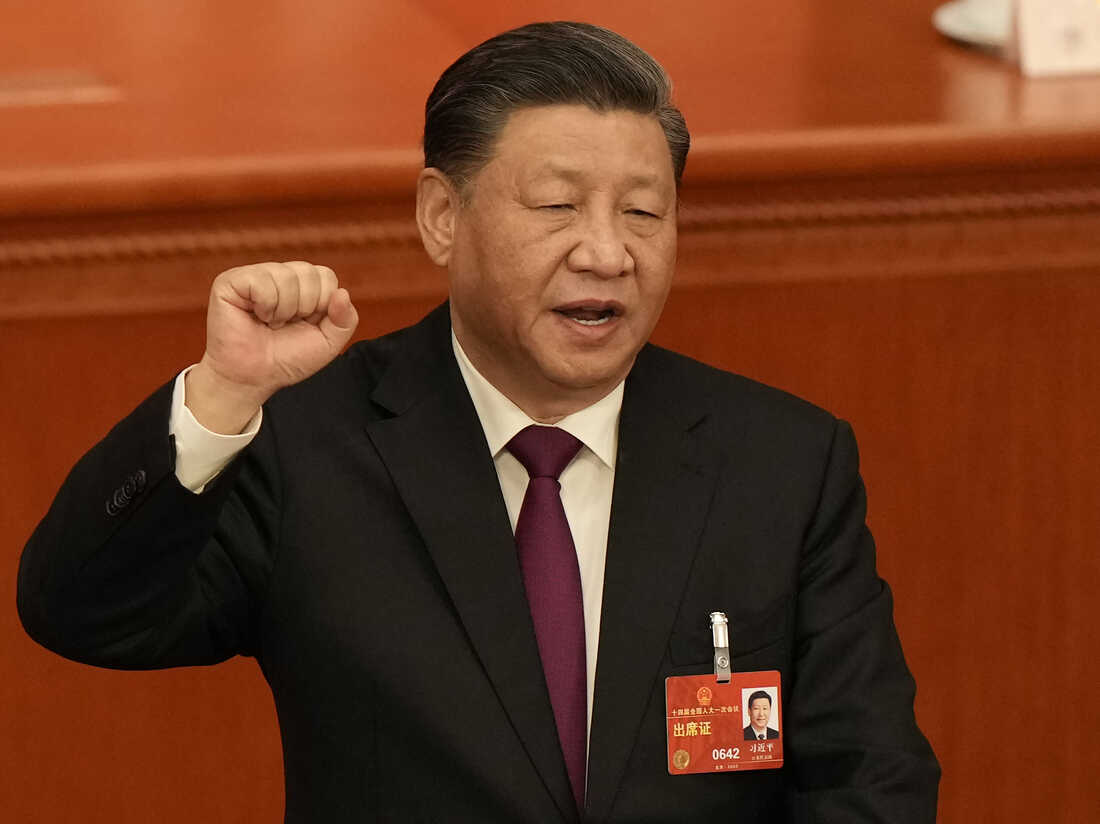



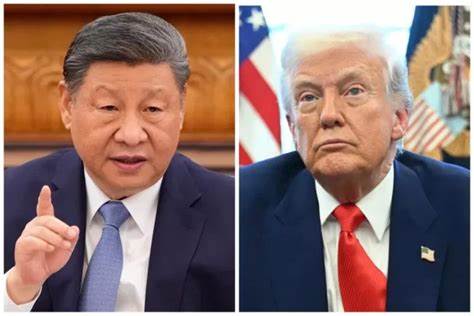

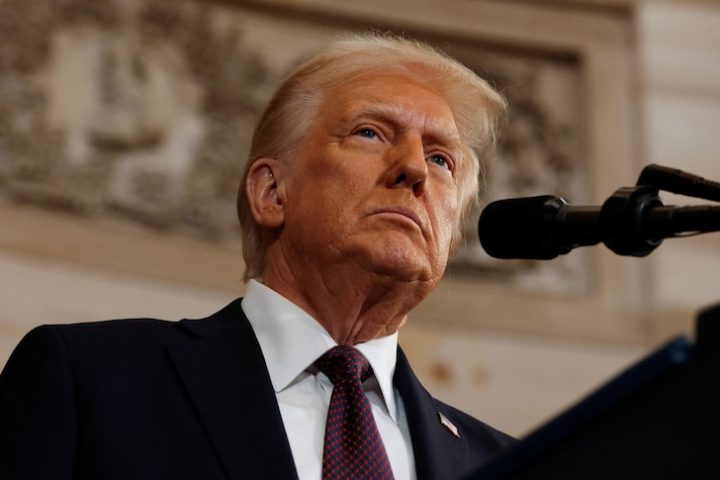








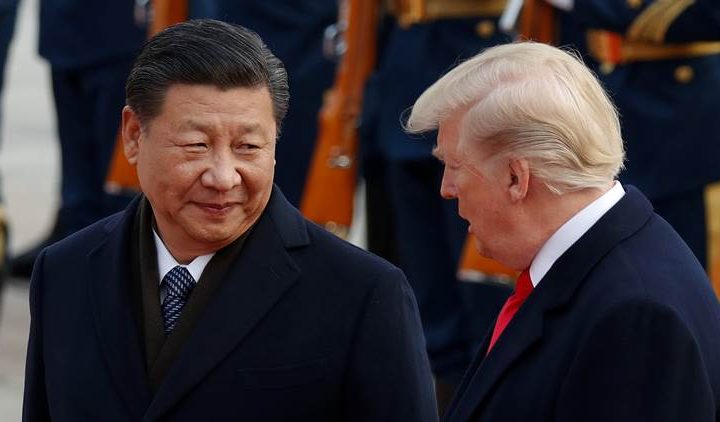

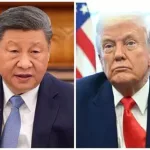
Follow Us